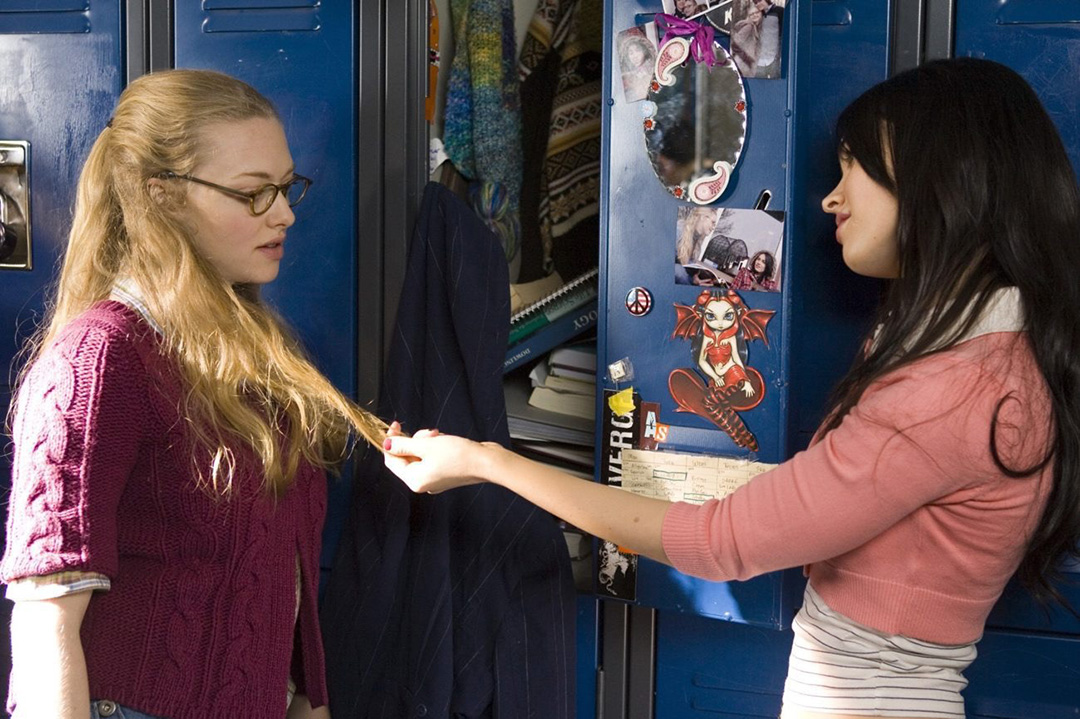When Jennifer’s Body came out in 2009, everyone treated it like a failure. It was marketed to the wrong audience and marketed as just a teen horror with Megan Fox as the hot girl (and she is), but people didn’t take it seriously. Though rewatching it now, it feels way more relevant than it did back then. What looked like a cheesy movie at the time is actually sharp, funny and way ahead of its time.
The story follows Jennifer Check, a cheerleader who gets sacrificed by the indie band Low Shoulder after a bar fire. They literally joke about finding “a virgin” to kill, ignoring Jennifer’s protests that she isn’t one, and stabbing her anyway.
It’s a chilling moment because it’s not just about murder, it’s about a group of men deciding her truth doesn’t matter. That feels disturbingly familiar in the #MeToo era, where countless women have spoken about being silenced, ignored, or disbelieved. Jennifer comes back changed, she’s powerful, terrifying and hungry. Her feeding on boys flips the script: instead of being prey, she becomes the predator. Lines like “No, I’m killing boys” make that reversal explicit.
Jennifer’s relationship with her best friend, Needy, also reads differently now. Back then, people brushed off their kiss as fanservice, but in hindsight it deepens the story about intimacy, power and betrayal between girls.

When Jennifer teases Needy with the line, “I go both ways,” it underscores the film’s queer undertones, hinting at her attraction while also playing with her ability to cross boundaries, whether sexual or supernatural. Their connection feels messy, complicated and charged, which makes the horror more personal. It isn’t just about Jennifer killing; it’s about a love/friendship dynamic that blurs into jealousy and desire.
The biggest theme is who gets control of Jennifer’s body. From the band forcing their ritual on her, to the way boys at school view her as an object of desire, to Needy calling her a “succubus,” everyone tries to define what she is.
When Jennifer owns her hunger and sexuality, the town brands her a “threat.” That echoes current conversations about women who push back against control, whether it’s speaking up about assault, choosing abortion or refusing to conform, and how quickly they’re vilified.
The film literalizes that rebellion in one of Jennifer’s final lines: “I am going to eat your soul and shit it out.” It’s a fierce rejection of control, a refusal to stay silent, to be controlled, or to play the role of the victim.
In the end, Jennifer’s Body isn’t the flop people thought it was.
It’s a film that was completely misunderstood in its own time, but now it works as one of the smartest and most relevant horror stories of the 2000s.
What people laughed off in 2009 actually makes perfect sense in 2025. Jennifer’s journey is more than a horror story, it’s a declaration of power, a challenge to control, and a reminder that claiming your body and voice can be the most bold act of all.
As she says, “I am a god,” and in that moment, she redefines what it means to fight back.




